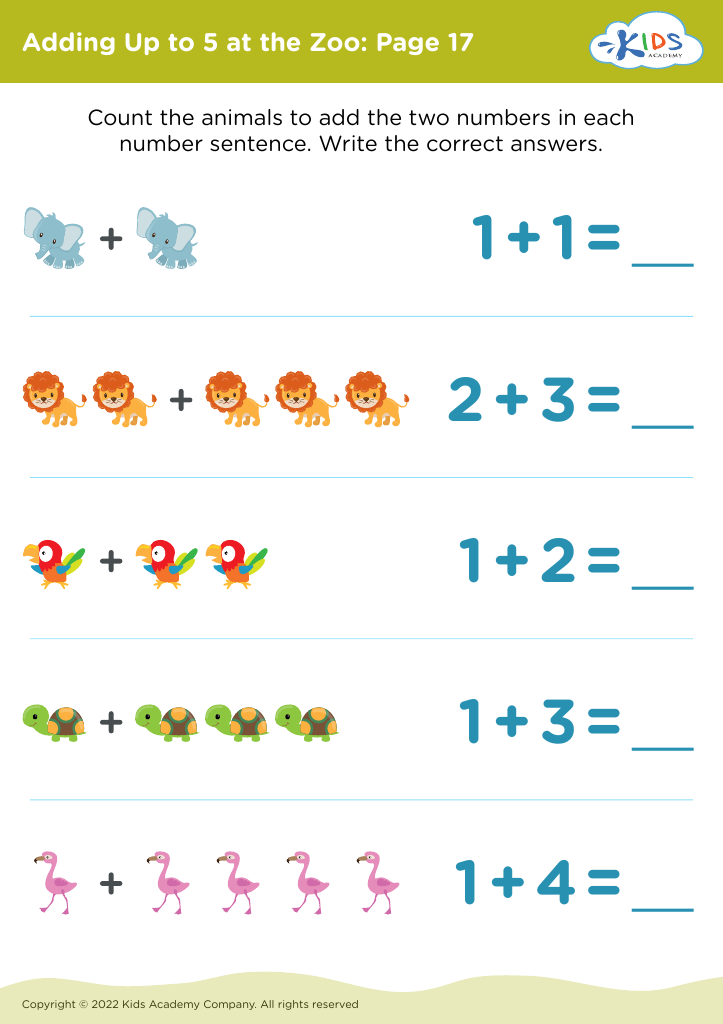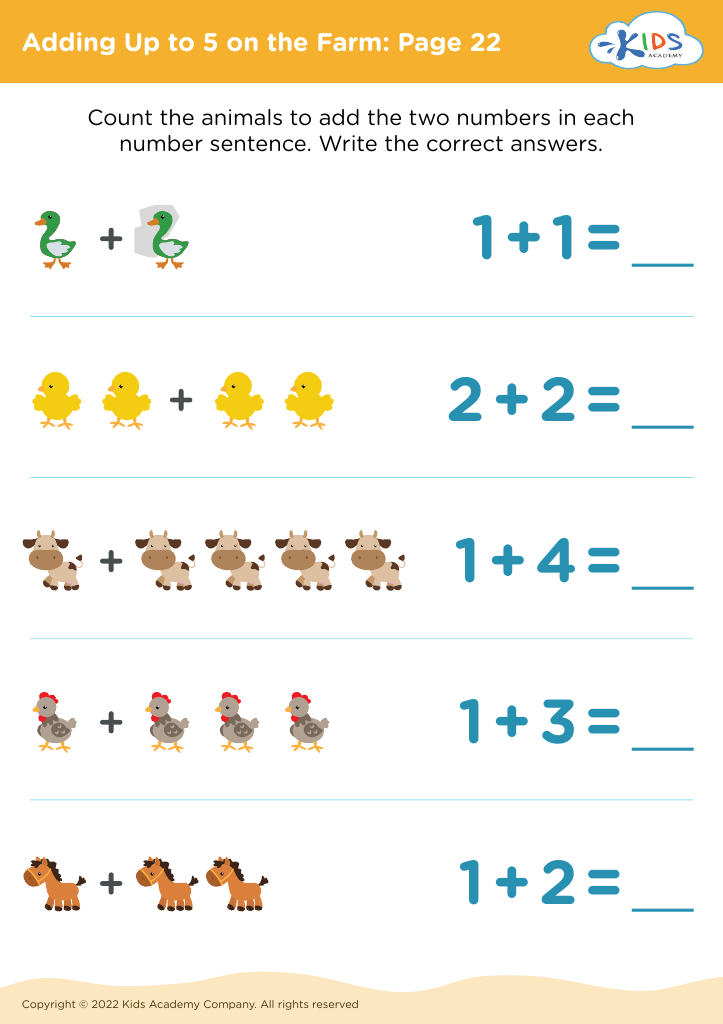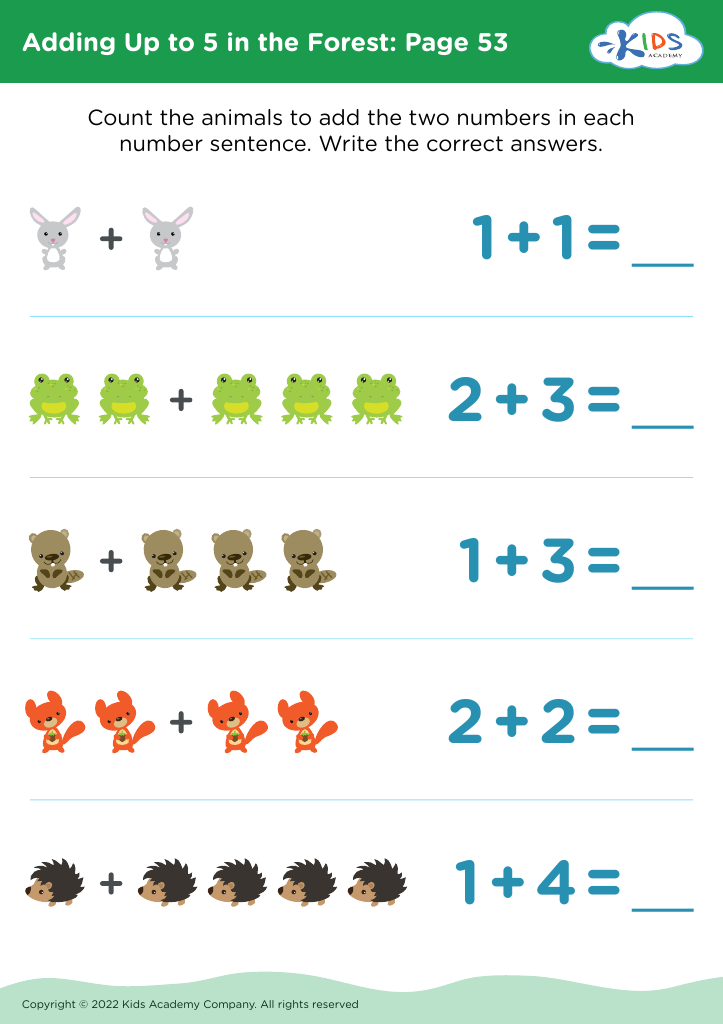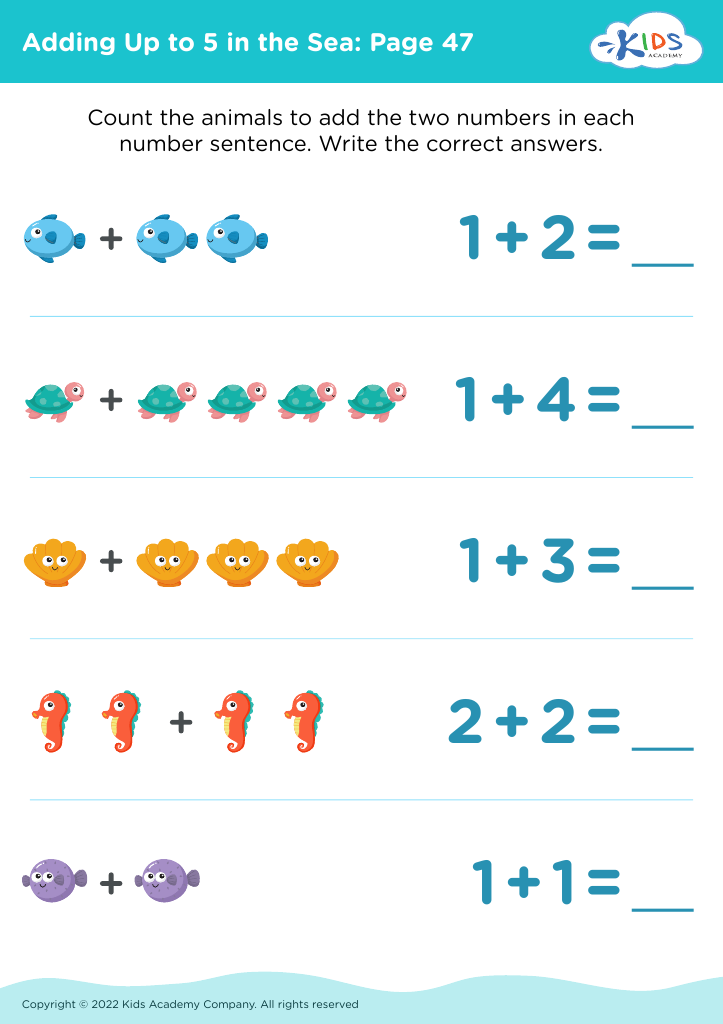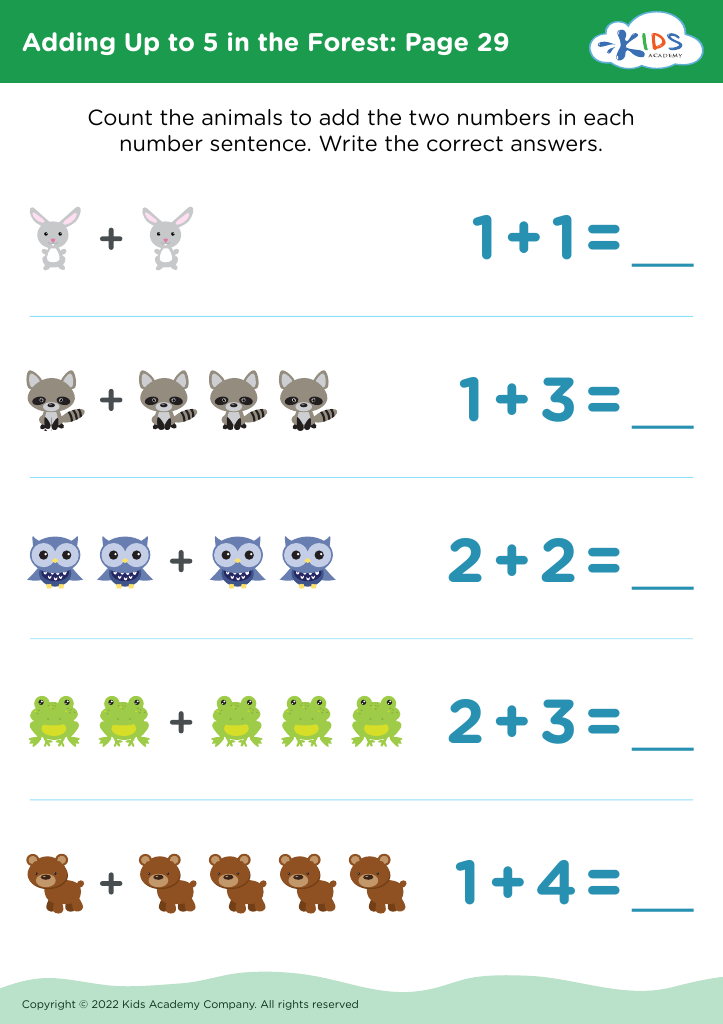Counting proficiency Math Worksheets for Ages 3-6
13 filtered results
-
From - To
Discover our engaging Counting Proficiency Math Worksheets designed specifically for children ages 3-6! These worksheets help young learners build a strong foundation in counting through fun, interactive activities. With colorful illustrations and age-appropriate exercises, children will practice essential skills like number recognition, one-to-one correspondence, and basic addition. Our printable worksheets are perfect for both classroom environments and home learning, making math enjoyable and accessible. By integrating play with education, your child will gain confidence and proficiency in counting, setting the stage for future math success. Explore our collection today to support your child's early math development!
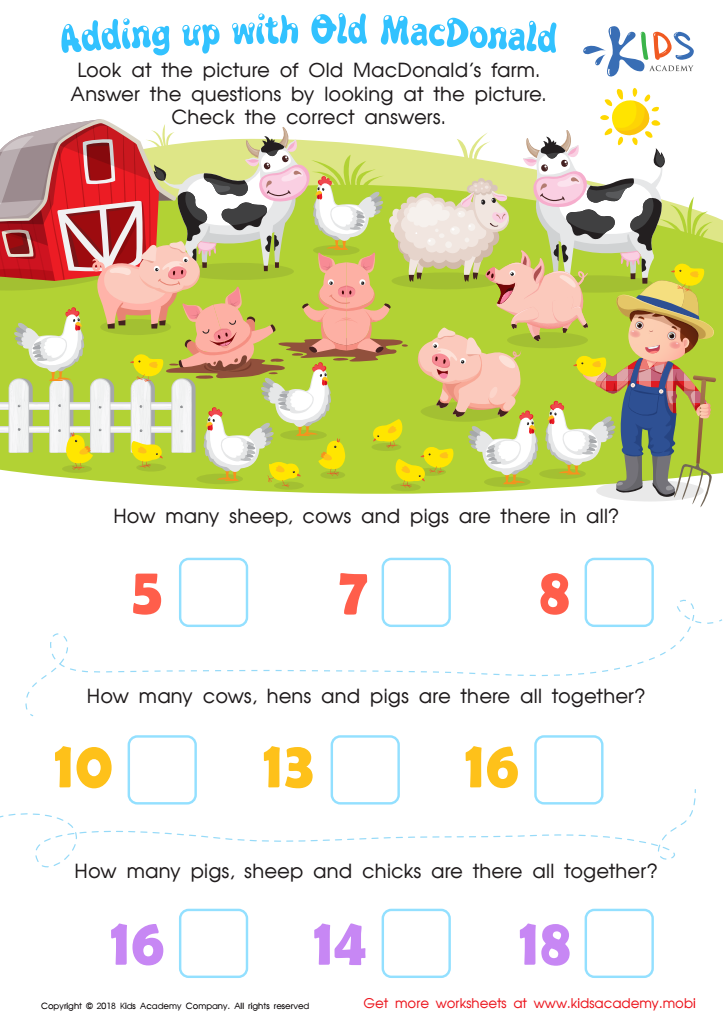

Adding Up with Old MacDonald Worksheet
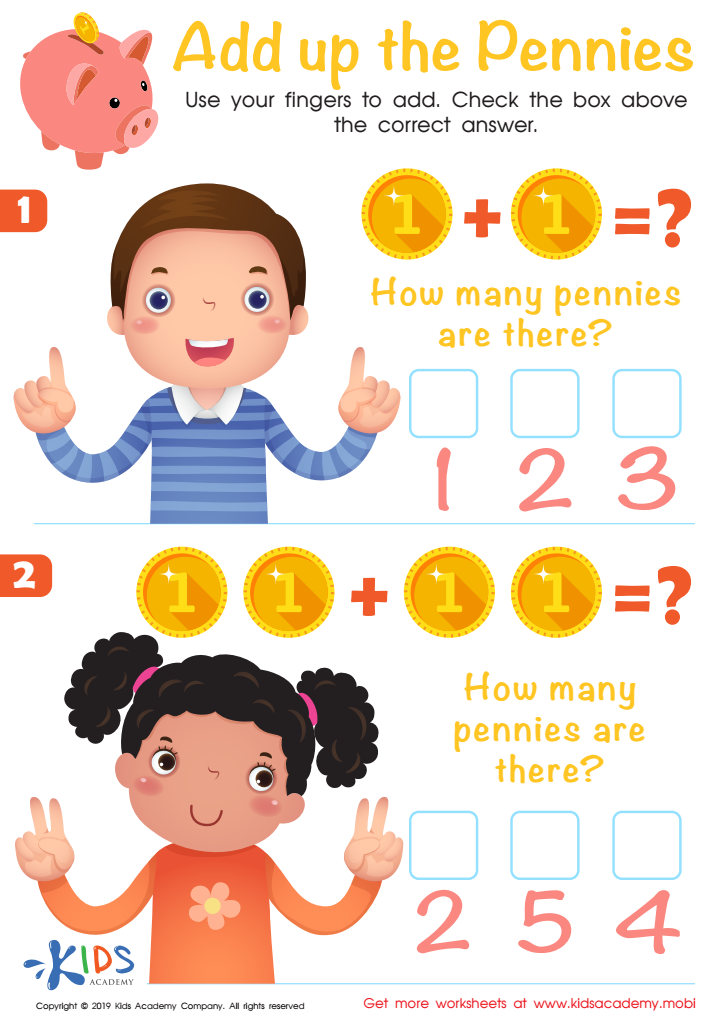

Add up the Pennies Worksheet
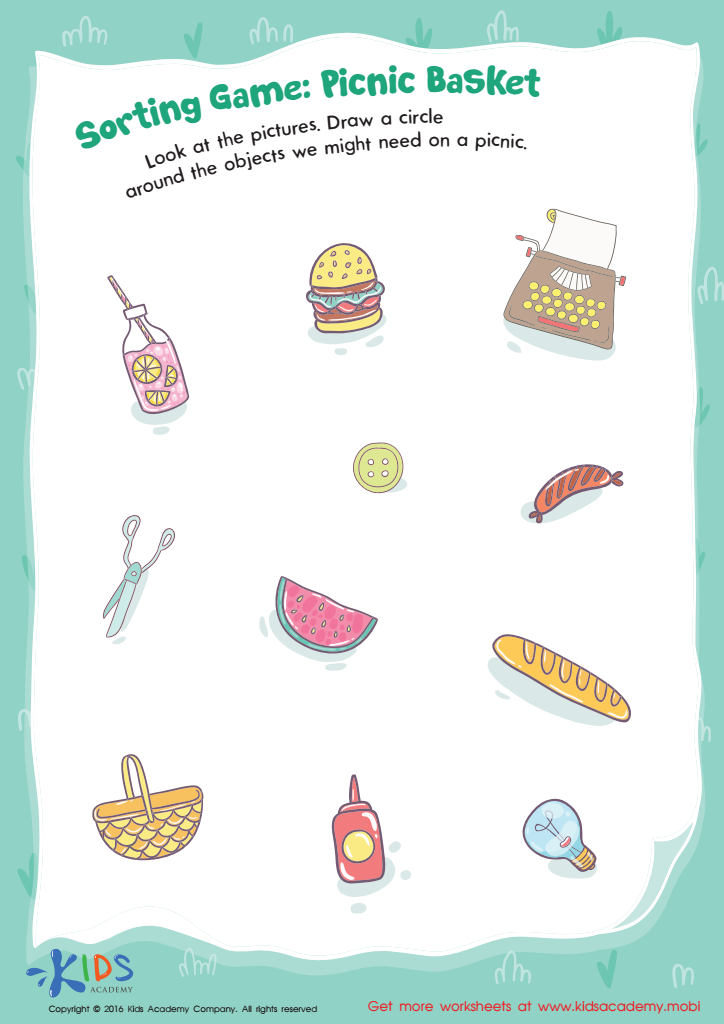

Picnic Basket Sorting Worksheet
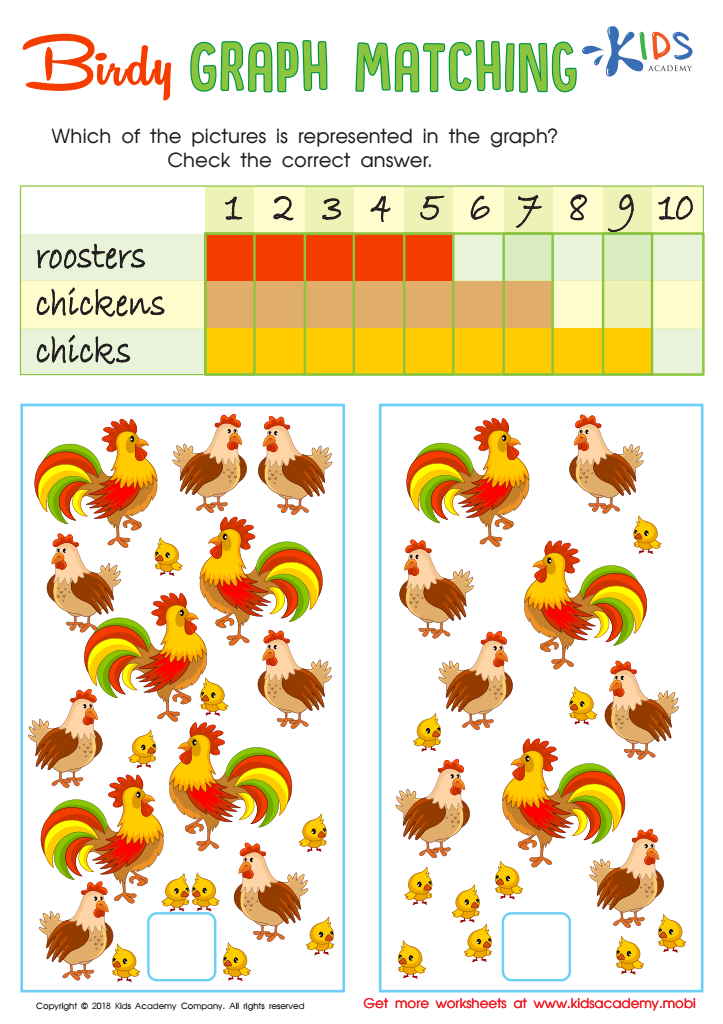

Birdy Graph Matching Worksheet
Counting proficiency in young children (ages 3-6) is a foundational skill that significantly influences their future success in mathematics and overall academic performance. For parents and teachers, fostering counting skills during these crucial years is essential because it establishes a strong base for more complex mathematical concepts like addition, subtraction, and even problem-solving.
At this age, children are naturally curious and eager to understand the world around them. Engaging them in counting activities not only boosts their mathematical awareness but also promotes cognitive development, enhancing memory, attention span, and critical thinking. Moreover, counting games and exercises can improve fine motor skills and language development, as children learn to articulate numbers and engage in instructions.
Building a solid counting proficiency helps in laying the groundwork for problem-solving skills, as children learn to quantify and compare objects, which translates to real-world applications. This early intervention also supports emotional and social development; mastering counting can offer children a sense of accomplishment, nurturing their self-esteem in learning environments.
In essence, parents and teachers should prioritize counting due to its integral role in children’s cognitive, social, and emotional growth, ultimately setting them on a path of lifelong learning and confidence in mathematics.
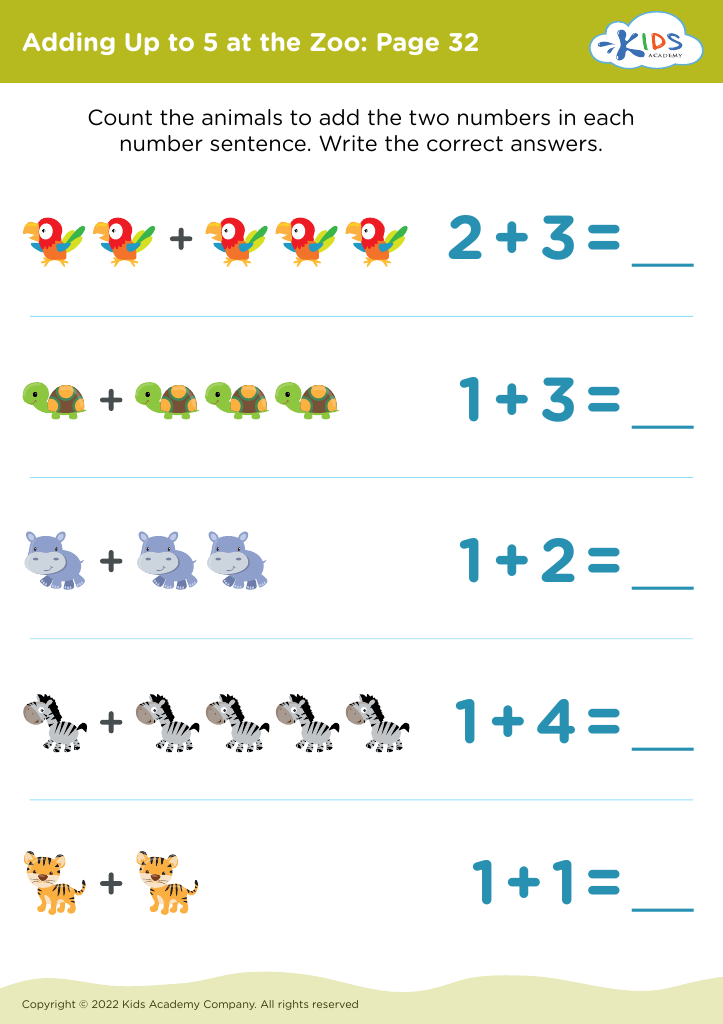
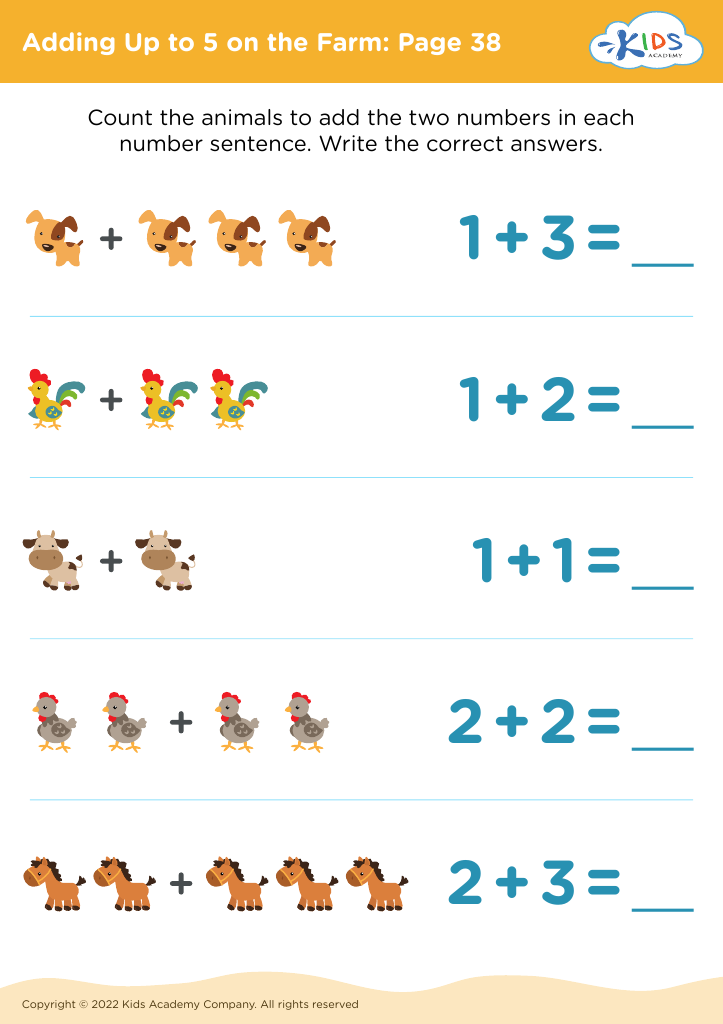
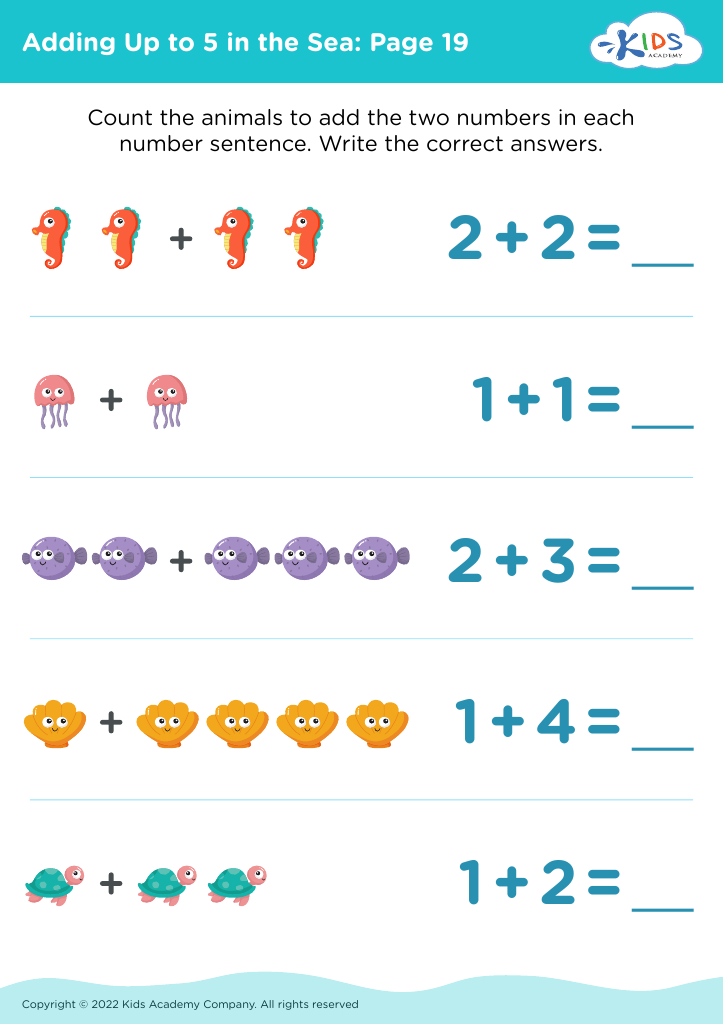
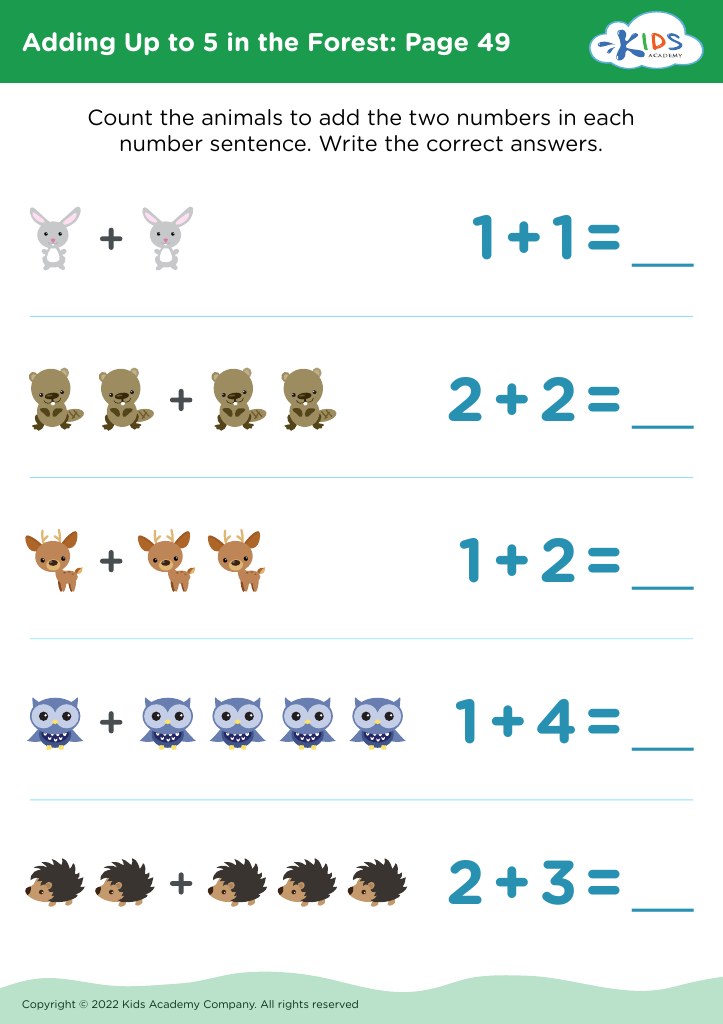
 Assign to My Students
Assign to My Students
